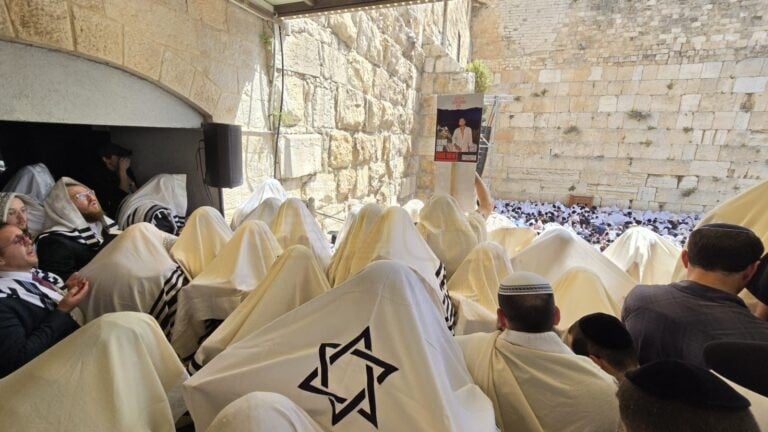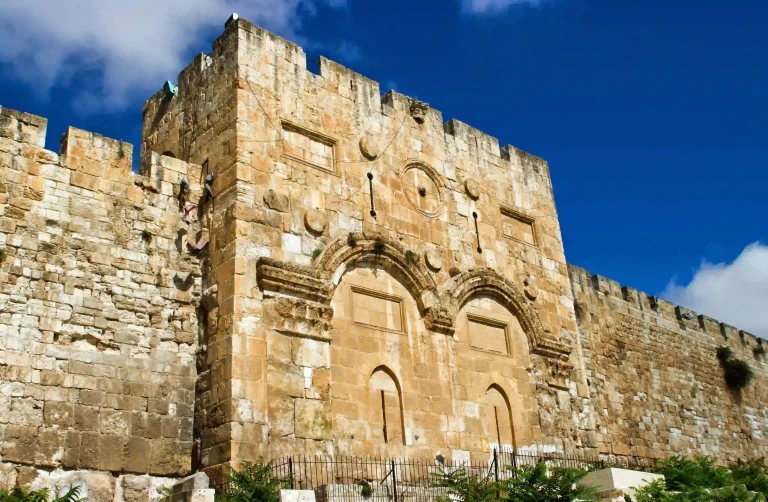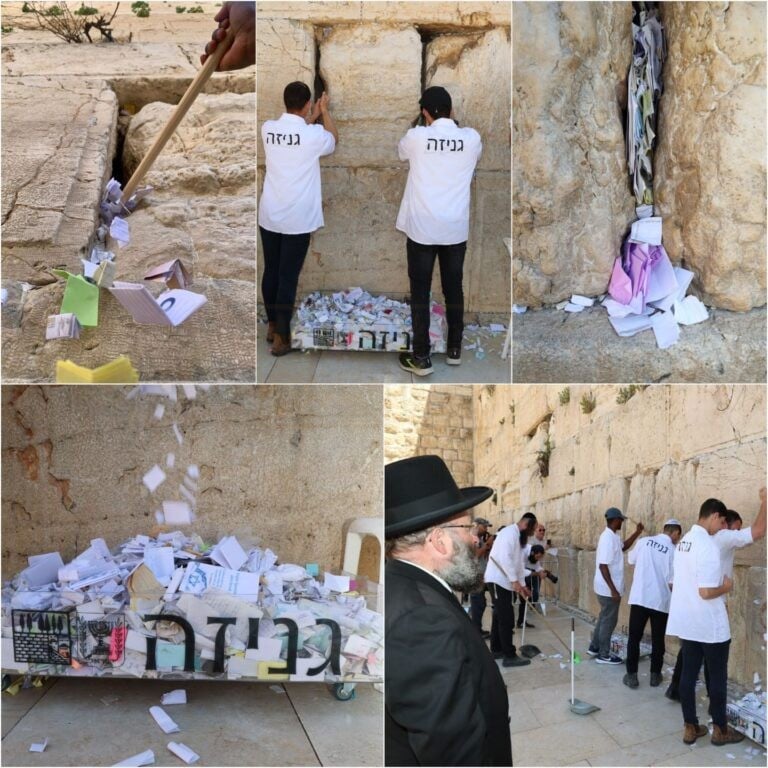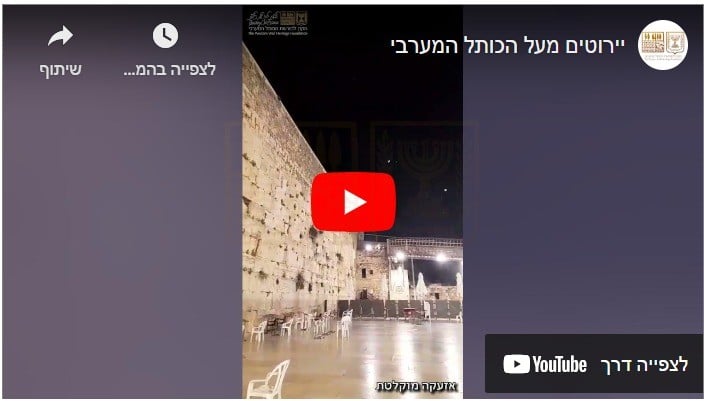|
Getting your Trinity Audio player ready...
|
Purim 5784
How to Interpret History?
Rabbi Shmuel Rabinowitz, Rabbi of the Western Wall and Holy Sites
On Saturday night and Sunday, the Jewish people around the world will celebrate the holiday of Purim (except in Jerusalem where the holiday is celebrated the following day). Purim differs from other holidays – Passover, Sukkot, Shavuot, Rosh Hashanah, and Yom Kippur – in that it is not written in the Torah. This is simply because the holiday commemorates events that occurred a long time after the giving of the Torah. These events took place in the Persian Empire in the fifth century BCE.
At that time, most of the Jewish people lived within the boundaries of the Persian Empire, which inherited the Babylonian Empire. The Persian king was Ahasuerus, and one of the senior officials in the kingdom, Haman, plotted to destroy the Jewish people following a personal conflict he had with one of the Jewish leaders, Mordechai. Meanwhile, the drunken king made a fateful decision to have his wife executed, and in her place, he took Esther, a Jewish girl who was Mordechai’s niece.
When Mordechai learned of Haman’s plan, he urged Esther to use her influence on the king, who at this perfect timing, began to suspect Haman of planning a coup to take the king’s place. Eventually, the king ordered Haman and his sons to be hanged. However, the story did not end there, as Haman’s plan to destroy the Jews had already received official approval from the king, and only when the Jews received permission to defend themselves against their enemies, did they achieve victory, and the threat was lifted.
This story may sound like a classic palace intrigue tale from ancient times. But Mordechai and Esther imparted to the Jewish people the understanding that the perfect timing of the story originates from divine providence. The Babylonian Talmud refers to the acceptance of Purim among the people of Israel as “acceptance of the Torah out of love” (Tractate Shabbat, page 88), because the celebrations of Purim and the special commandments for this day would not have been accepted had the people not adopted the same faith in divine providence that saved the Jewish nation.
Decades earlier, the elders of Israel who were expelled from the land of Israel by Nebuchadnezzar, king of Babylon, approached the prophet Ezekiel who lived in Babylon and argued that the destruction of the kingdom of Judea symbolizes the end of the relationship between the Jewish people and G-d. According to them, as long as the people of Israel live in their land, the covenant G-d made with them remains in force; but when the Jewish kingdom was destroyed and the Jewish people were exiled from their land, the relationship and the covenant ceased, and from now on there is no longer a “Jewish nation” committed to the covenant with G-d.
The prophet Ezekiel struggled against this perception and presented a worldview that the covenant between the people of Israel and G-d is an eternal covenant that is never abolished. Even when the people of Israel are in exile, the connection and divine providence are not interrupted or abolished. The connection becomes more complex, less apparent, but it exists.
The fact that the Jewish people accepted upon themselves the holiday of Purim is emphasized in the Book of Esther:
“The Jews established and took upon themselves and upon their seed and upon all who joined them, and it should not pass, to observe these two days as it was written and at their appointed time, every year”
(Esther 9:27).
If the people had not looked with faith upon the events described in the scroll, they would not have celebrated the holiday of Purim. Moreover, if the Jews at that time perceived these events as mere political occurrences, there would be no reason to celebrate the Purim festivities.
We celebrate the holiday of Purim for the miracle of the salvation of the Jewish people in the fifth century BCE, but more than that, we celebrate the right to accept – in every generation and in every era – the faithful perspective that penetrates the depths of historical events and interprets them as stories with religious significance.
This is the role of the Jews in the face of major historical events – to reflect on the meaning of things, how we can see the hand of G-d guiding history, and what we are called upon to do to be worthy of His providence.









